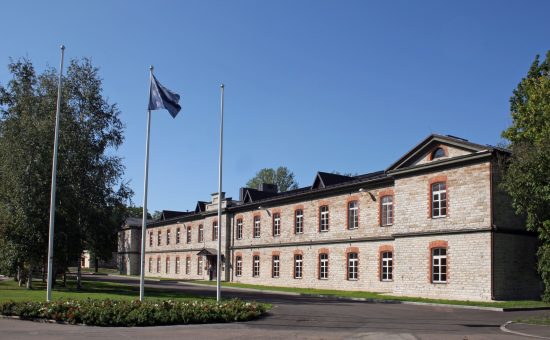H/t reader squodgy:
“Played right down by the complicit BBC, this investigation will go nowhere. It is odd that the UK Gov can still find nobody to chair the paedo enquiry because all the prospectives meeting the ‘experience’ criteria have also had connections with those being investigated….what a sad state of affairs….made worse by the sudden & mysterious nee suspicious resignation of two very senior Tory politicians when Judge Butler Schloss was forced to resign from leading what would have obviously been a cover-up enquiry.”
– Westminster paedophile ring investigated over murder links(Telegraph, Nov 14, 2014):
Scotland Yard is looking at claims that an alleged paedophile ring with links to former government figures, could have been involved in a murder
Detectives investigating allegations of a paedophile ring with links to Westminster are now examining connections to a possible murder, the Metropolitan Police has said.
Scotland Yard launched Operation Fairbank two years ago to probe suggestions that high profile political figures had been involved in organised child sex abuse in the 1970s and 1980s.
But now officers have set up a new strand of the inquiry, named Operation Midland, after being passed information about alleged murders that may have been connected with the paedophiles.
Read moreWestminster paedophile ring investigated over murder links

